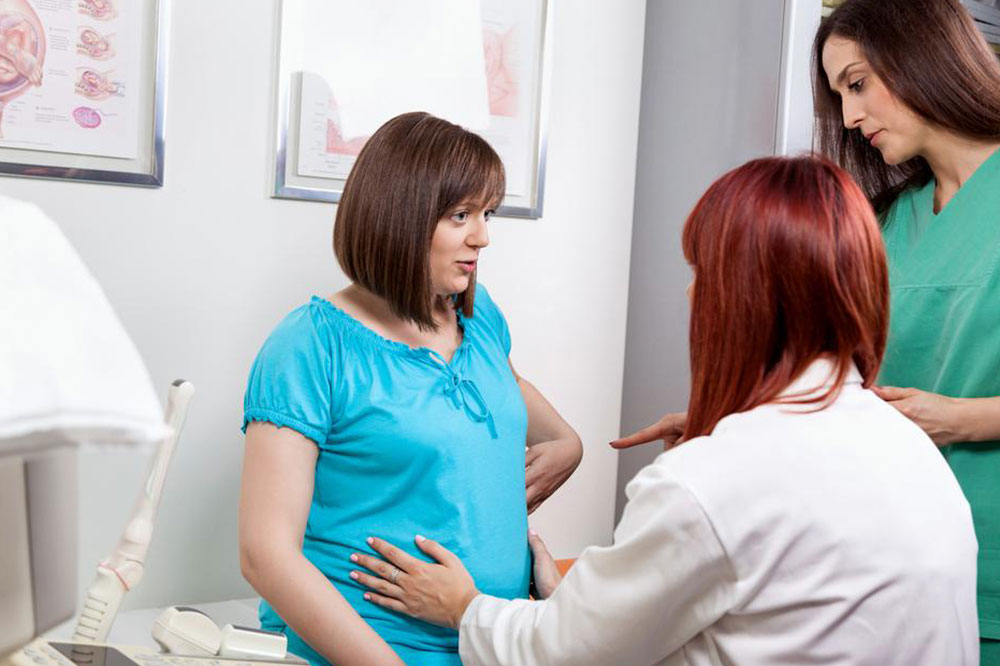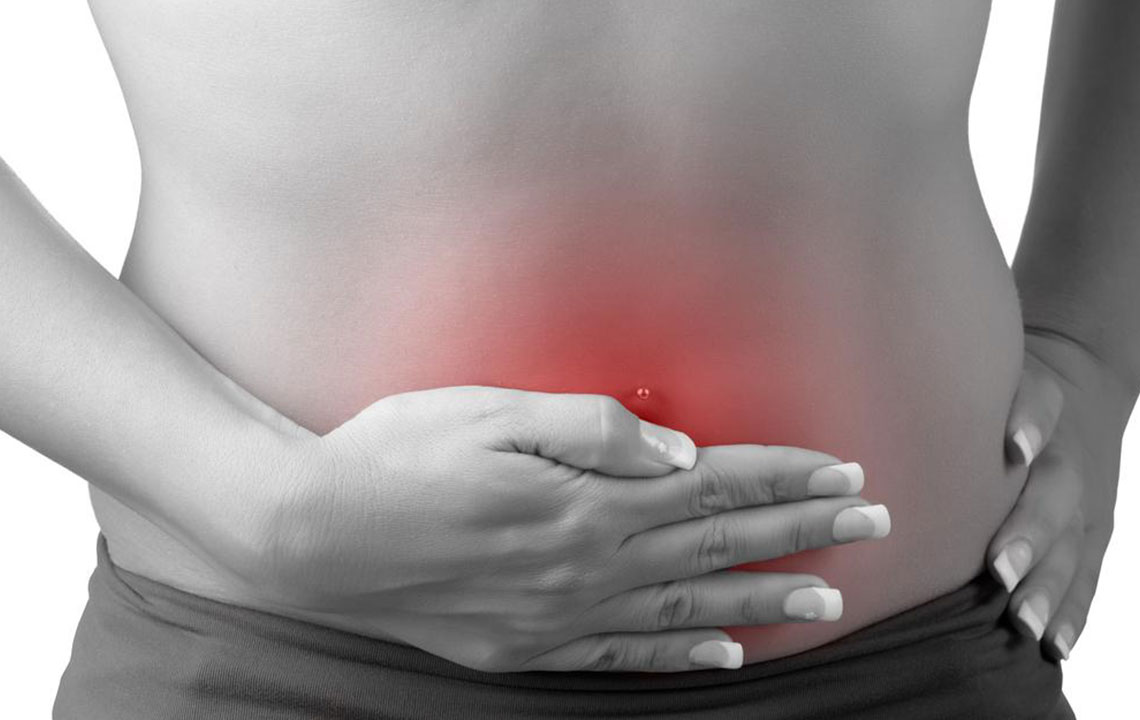Top 4 Risk Factors for Developing Bladder Cancer
Discover the top four risk factors linked to bladder cancer, including infections, fluid intake, arsenic exposure, and birth defects. Early detection is crucial, and understanding these risks can help in prevention and timely diagnosis. Our comprehensive guide provides insights into causes and potential risks, supporting better awareness and health choices.

Top 4 Risk Factors for Developing Bladder Cancer
Bladder cancer ranks as the fourth most common cancer, impacting approximately 68,000 adults each year. It predominantly affects older men but can also occur in women and younger populations. This cancer develops when bladder cells become abnormal and multiply uncontrollably.
The bladder, a hollow organ that stores urine, can develop tumors as a result of abnormal cell growth. These tumors may spread to nearby lymph nodes or organs, but early detection typically leads to more effective treatment.
Early signs like blood in urine often prompt diagnosis. Various factors increase the likelihood of bladder cancer, including:
Chronic infections and bladder irritation
Persistent bladder infections, long-term catheter use, bladder or kidney stones, and parasitic infections like schistosomiasis could contribute to cancer risk.
Inadequate fluid intake
Consuming sufficient fluids daily helps reduce bladder cancer risk by promoting regular urination, which flushes harmful toxins and chemicals from the bladder.
Arsenic in drinking water
Regions with arsenic-contaminated water pose a higher risk. The exposure largely depends on geographical location and water sources. If water systems fail to meet safety standards, cancer risk increases.
Birth defects affecting the bladder
Rare congenital conditions, such as urachal remnants or exstrophy, can raise susceptibility to bladder cancer, though these are uncommon.
Note:
Our blog offers diverse, informative content to educate readers on important health topics. While we aim to provide accurate data based on research, this information should not replace professional medical advice. The site cannot guarantee the accuracy of all data and may not include every possible option available to readers. Always consult healthcare professionals for personal health concerns.










